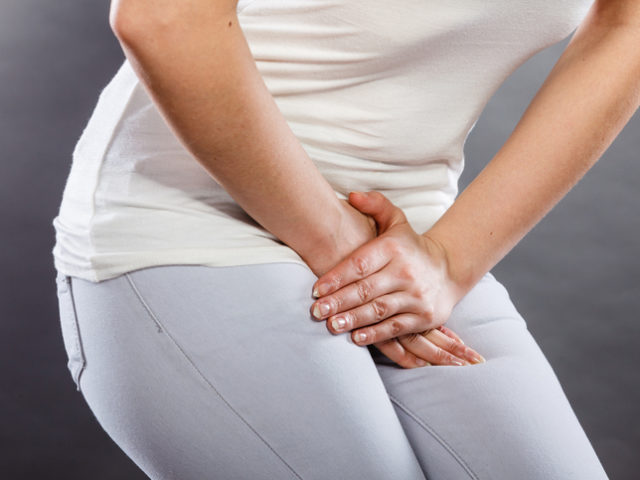While you are sleeping, your body tends to produce less urine, although it is more concentrated. This means that most people don’t need to wake up during the night to urinate, and most people without nocturia can sleep for 6 to 8 hours without having to urinate. Some researchers believe that one event per night is within normal limits; two or more events per night may be associated with daytime tiredness.
What is Nocturia?
If you need to wake up several times in the night to urinate, you may be suffering from excessive urination at night called nocturia, or nocturnal polyuria. Since nocturia affects your sleep cycle, it can be a sign of an underlying medical condition. It is important to note that nocturia differs from enuresis, or bedwetting, in which the person does not arouse from sleep, but the bladder empties anyway.
Nocturia is also a common cause of sleep loss, especially among older adults. Research has shown that excessive snoring is a sign that a person has obstructive sleep apnea (OSA), but sleep experts caution it’s not the only indicator of OSA. In fact, enuresis can also be a symptom of Obstructive Sleep Apnea in children. The amount of times you visit the bathroom could also be a sign you have OSA. Sleep apnea is associated with other classic symptoms, including:
- Snoring
- Excessive daytime sleepiness
- Insomnia (Frequent nighttime awakenings)
- Witnessed pauses in breathing
- Gasping or choking in sleep
- Dry mouth at night
- Palpitations
- Heartburn
- Night sweats
- Teeth grinding (Bruxism)
- Morning headaches
- Concentration and memory problems
- Mood problems
If any of these other symptoms are present, it may be necessary to investigate sleep apnea as a potential cause of nocturia.
Nocturia becomes more common as we age. As we get older, our bodies produce less of an anti-diuretic hormone that enables us to retain fluid. With decreased concentrations of this hormone, we produce more urine at night. Another reason for nocturia among the elderly is that the bladder tends to lose holding capacity as we age.
A variety of medical conditions can cause nocturia. One of the most common causes of nocturia is a urinary tract infection (UTI) or bladder infection. These infections cause frequent burning sensations and urgent urination throughout the day and night, and treatment usually requires antibiotics.
Other medical conditions that can cause nocturia include:
- Infection or enlargement of the prostate
- Bladder prolapse
- Overactive bladder (OAB) syndrome
- Tumors of the bladder, prostate, or pelvic area
- Diabetes
- Anxiety
- Kidney infection
- Edema, or swelling, of the lower legs
- Neurological disorders, such as multiple sclerosis (MS), Parkinson’s disease, or spinal cord compression
Nocturia can be a difficult and sometimes embarrassing condition to live with, but there are steps you can take to lessen its impact on your life.
What Is the Treatment for Nocturia?
If your nocturia is caused by a medication, taking the medication earlier in the day may help. Treatment for nocturia can sometimes include medication, such as anticholinergic drugs, which help lessen the symptoms of an overactive bladder, or desmopressin, which causes your kidneys to produce less urine. Nocturia can be a symptom of a more serious condition, such as diabetes or a UTI that could worsen or spread if left untreated. Nocturia due to an underlying condition will usually stop when the condition is successfully treated.
Reducing the amount of fluids you drink before going to bed can help prevent you from having to urinate at night. Avoiding drinks that contain alcohol and caffeine may also help, as can urinating before you go to bed. Some food items act as diuretics as well, such as chocolate, spicy foods, and artificial sweeteners. Kegel exercises can help strengthen your pelvic muscles and improve bladder control. Pay close attention to what exacerbates your symptoms so you can try to modify your habits accordingly. Some people find it helpful to keep a diary of what they drink and when.
There are many causes of nocturia, but Obstructive Sleep Apnea (OSA) is an important sleep disorder that can cause nocturia and other health consequences. To learn more about nocturia and how to treat is, call Gingras Sleep Medicine at (704) 944-0562 to request an appointment.

